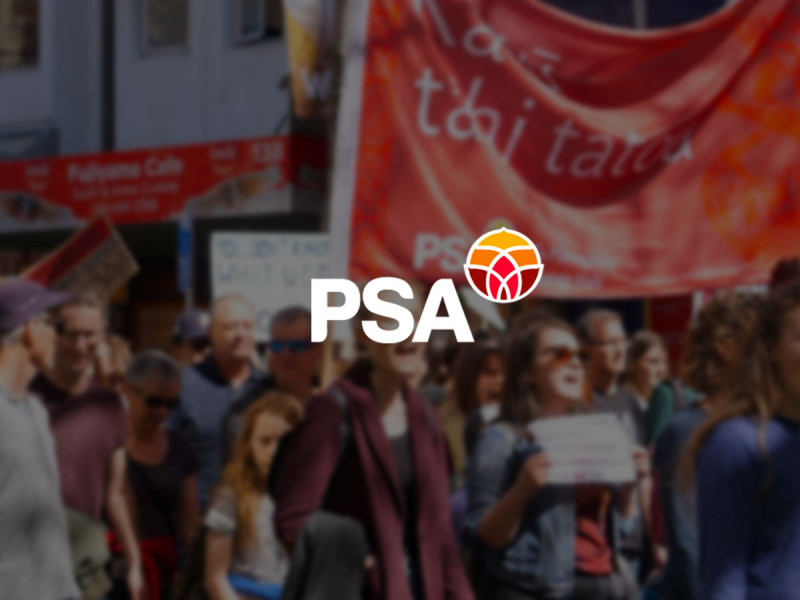PSA members say this new legislation will add strength to the collective efforts of working women, opening up new opportunities for progress even as existing campaigns for equality continue.
Nancy McShane is a hospital administration worker, a union delegate and co-convenor of the PSA Women’s Network.
"I know hospital administrators in their 60s who will still be paying off the mortgage in their 80s, and that’s not because they’re bad with money. It’s because their female-dominated profession is undervalued and underpaid," she says.
"Following the equal pay claim we lodged back in 2018, the health system has acknowledged the need for cultural change and is engaging with us to achieve that. But there is still much work to be done, and addressing longstanding pay discrimination for mostly female occupations like ours is a good start."
The Bill spent years being discussed by the tripartite Pay Equity Joint Working Group, and the PSA is pleased to see a positive consensus reached between unions, employers and government.
With the Bill now likely to be passed before the election, workers like Pania Tulia feel more confident about the future.
Pania, a Dunedin-based social worker and PSA national delegate, is employed by a South Island not-for-profit organisation.
In August 2019, workers in this sector filed two equal pay claims against prominent social service providers, arguing social workers and their colleagues are underpaid because they are mostly women.
"For me it's not about myself, it's about the greater good. I work in my profession because it gives me an opportunity to help people, and that's how I see the campaign for equal pay as well," says Pania.
"This is progress but there's still such a long way to go, so I hope this new law encourages more women to be proactive in asking employers for better pay. Too many of us, particularly Maori and Pasefika women, are just grateful to have a job and don’t yet feel we can speak out."
PSA National Secretary Kerry Davies says the Bill is an exciting opportunity to build a better New Zealand.
"If more groups of workers have the opportunity to stand up and demand their situation is addressed, we will all benefit. It’s very encouraging to see tripartite support for removing the barriers that stand between us and a more equal society," says Ms Davies.
"Sexist pay gaps are corrosive and need to be eliminated without any further delays. Let's make it happen."
